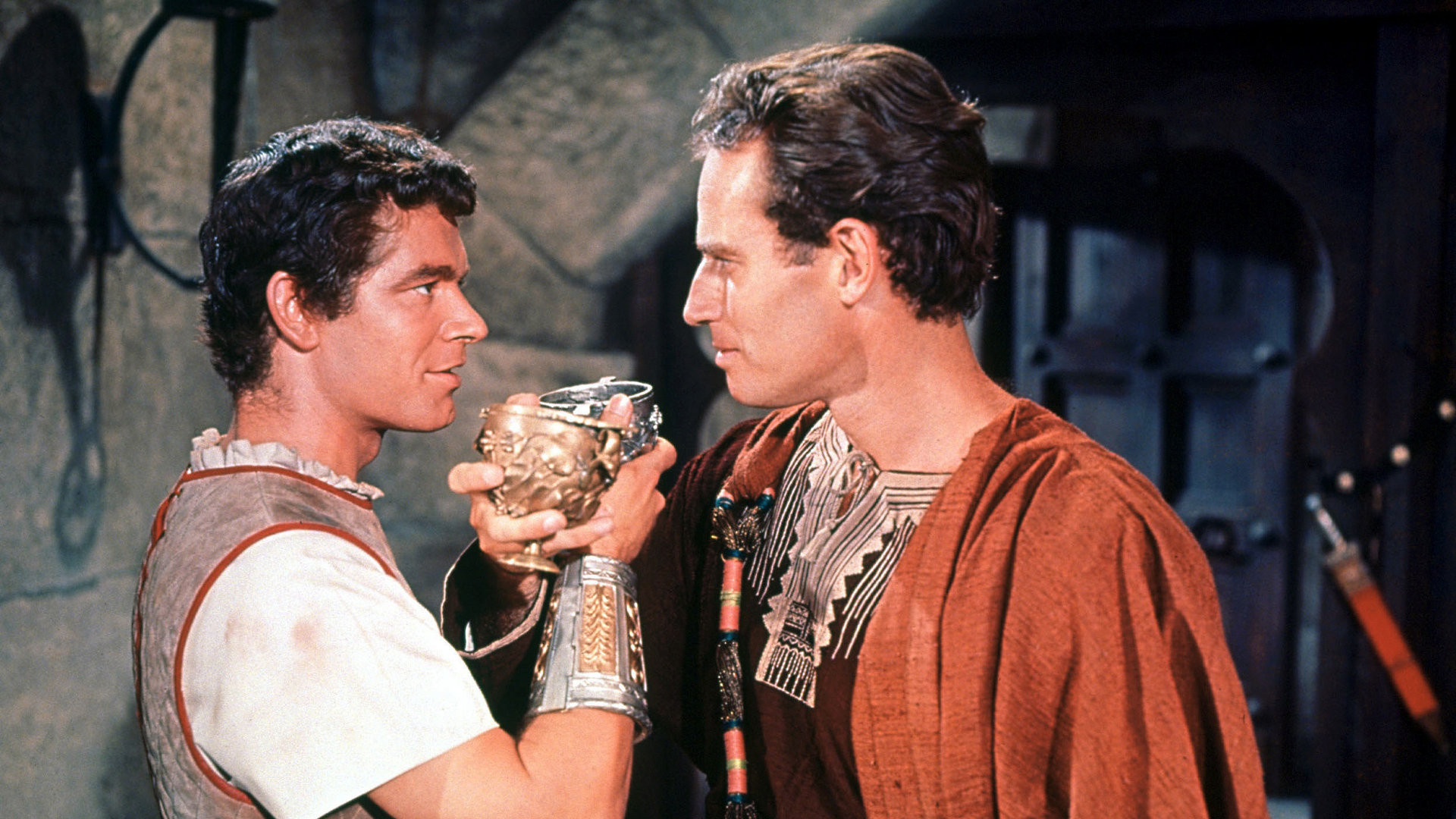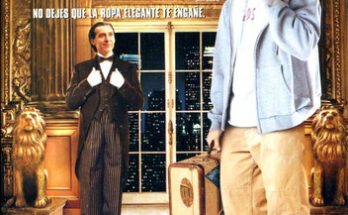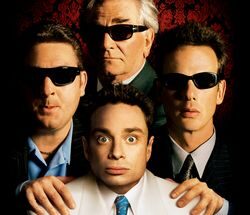Ben-Hur (1959) is an epic historical film directed by William Wyler, based on Lew Wallace’s 1880 novel Ben-Hur: A Tale of the Christ. The movie is set in the time of the Roman Empire and tells the story of Judah Ben-Hur, a Jewish prince living in Jerusalem during the 1st century.
Plot Summary:
Judah Ben-Hur (Charlton Heston) is a wealthy and noble Jewish prince who lives in Jerusalem with his family, including his sister Tirzah. His childhood friend, Messala (Stephen Boyd), returns to Jerusalem after years of absence, now serving as a Roman officer. Judah and Messala’s relationship, once filled with friendship, becomes strained due to their differing political views—Judah is loyal to his people, while Messala supports Roman dominance.

The conflict between them intensifies when, in a tragic series of events, Messala frames Judah for an assassination attempt on a Roman official. As a result, Judah is sentenced to life as a galley slave, and his mother and sister are imprisoned, with their fate unknown. Judah’s life is shattered, but he vows revenge on Messala.
While serving as a slave, Judah endures immense hardships but eventually earns his freedom after saving the life of a Roman naval commander, Quintus Arrius (Jack Hawkins), during a naval battle. Arrius adopts Judah as his son, and Judah returns to Rome as a wealthy man.
Once in Rome, Judah becomes a charioteer and enters the famous Roman chariot race. His goal is to seek revenge on Messala, who is now a powerful and ruthless figure. The chariot race is one of the film’s most iconic and intense sequences.

In the meantime, Judah learns that his mother and sister have been imprisoned, and he sets out to rescue them. His quest for vengeance and the discovery of his family’s fate leads him to cross paths with Jesus Christ (played by a silent, pivotal figure), whose compassion and teachings profoundly affect Judah’s life.
In the end, Judah’s desire for vengeance is replaced by a sense of forgiveness and redemption. He reconciles with his faith, and the story concludes with him finding peace and spiritual transformation, symbolized by the healing of his family and the influence of Christ’s message.

Themes:
Ben-Hur explores themes of revenge, redemption, forgiveness, and faith, set against the backdrop of historical and biblical events. The film also portrays the contrast between Roman cruelty and the compassion of Christ, offering a narrative of personal and spiritual transformation.
Notable Elements:
The film is famous for its grand scale, including the monumental chariot race, which remains one of cinema’s most thrilling action sequences.
Ben-Hur won 11 Academy Awards, including Best Picture, Best Director, and Best Actor for Charlton Heston.
The movie’s mixture of historical drama and biblical narrative made it a groundbreaking film in its genre.
The film is a sweeping tale of love, betrayal, and redemption set in a tumultuous historical period, with a strong spiritual undercurrent.




